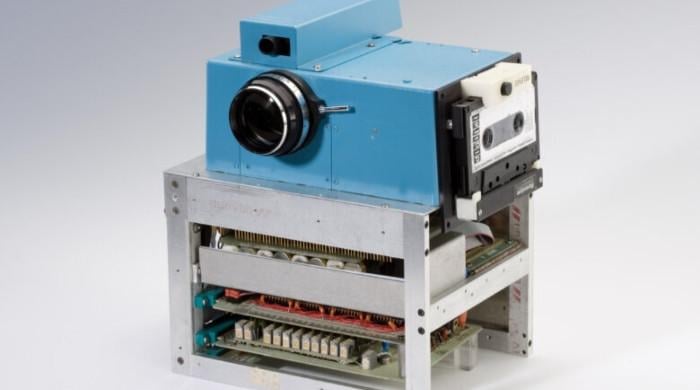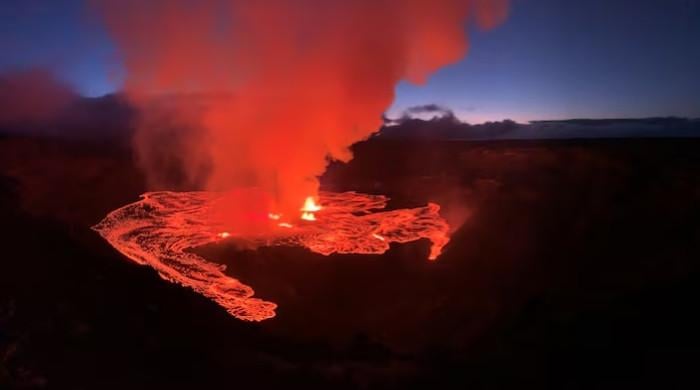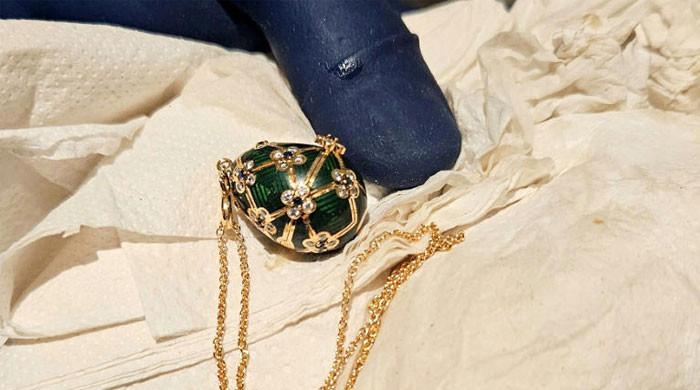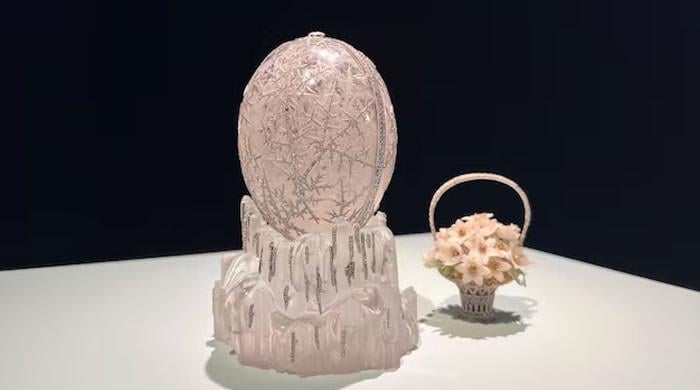This scientifically-proven hack will enhance your coffee's flavour
Research sheds light on how this practice significantly influences the flavour of brew
December 25, 2023
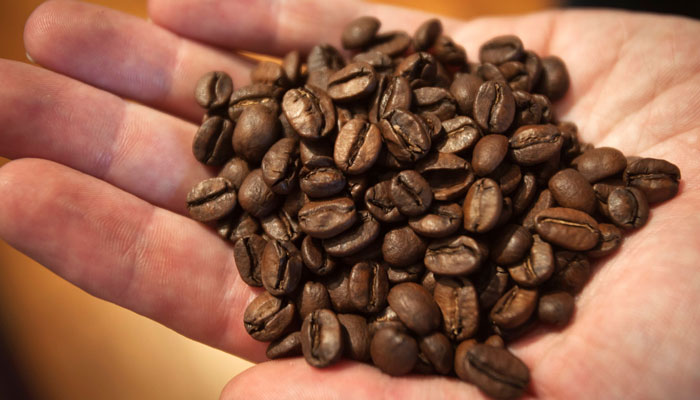
Coffee enthusiasts who have long speculated about the impact of adding water to coffee beans before grinding may find validation in a recent study by researchers at the University of Oregon.
The research sheds light on how this practice, initially aimed at minimising the mess during coffee preparation, significantly influences the flavour of the brew.
The study, led by Christopher Hendon, an associate professor of computational materials chemistry at the University of Oregon, investigated the phenomenon known as the "Ross droplet" technique.
This technique, born out of attempts to address the static electricity generated during grinding, involves adding water to coffee beans before the grinding process. The study aimed to understand how this method impacts flavour.
Hendon explained the primary motivation behind the practice, stating, "When you grind coffee, it goes everywhere. Dust comes out of the grinder, it’s like a plume that covers everything. But if you add a little water, it seems to not go everywhere. It’s cleaner."
The research team, including volcanologists who repurposed tools to measure electric charges, delved into the intricacies of this technique.
They found that static electricity, produced during the grinding process, causes coffee particles to repel each other, leading to a messy dispersion. Water, acting as an insulator, minimises this effect.
Hendon emphasised the evolution of this practice from a cleanliness solution to a method for achieving a better brew. The theory suggests that by reducing static electricity, water prevents microscopic clumps from forming during brewing, enhancing extraction yield—the amount of coffee that dissolves in the liquid.
The study employed precision measurements and professional grinders to test the impact of water on coffee grinding. Hendon stated, "The addition of small amounts of water passivates or turns off the static charge, and it does it in a way that the coffee exits the grinder never having been charged."
While the ideal amount of water varies based on factors like roast type and grind coarseness, the study found an average increase of 10% in extraction yield when water was added.
Hendon cautioned that this might not necessarily translate into a discernible difference in flavour but confirmed the benefit of the "Ross droplet" technique.
The study has sparked discussions among coffee experts, with some attempting to replicate the findings. Lance Hendrix, a coffee expert, acknowledged the plausible benefits but called for additional tests with different grinder models for conclusive evidence.
Despite some scepticism, the study opens the door to understanding the complex process of grinding and its crucial role in brewing. The revelation provides coffee aficionados with valuable insights into refining their brewing techniques, particularly when using espresso and filter coffee methods.




